Another weekend, another outbreak of shooting and mayhem among teenagers in St. Louis.
One 17-year-old is dead, another is in custody and 11 more teens, ages 15 to 19, were wounded when shooting broke out during a party in a downtown office building early Sunday. In a news conference later in the day, Mayor Tishaura Jones called for stricter gun regulation, which Missouri and much of America absolutely needs.
She also called for more investment in late-night activities for youths. That part, frankly, sounds like a progressive version of the “thoughts and prayers” trope that conservatives hide behind after every mass shooting. Just as conservatives can’t bring themselves to address the obvious need for reasonable gun restrictions, Jones’ reluctance to state the obvious — St. Louis needs more police — appears to be a matter of letting political considerations overtake common sense.
People are also reading…
As the Post-Dispatch’s Katie Kull reports, the latest incident started at about 1 a.m. Sunday, after dozens of teens gathered on the fifth floor of the loft office building at 1409 Washington Ave., for a party. It’s unclear whether they broke in, or if a door lock was already broken. But at some point, the shooting started.
In the chaos that followed, teenagers poured into the street below. A 17-year-girl was trampled and injured running down the stairs. By the time it was over, Makao Moore, also 17, was dead. Police have not yet named the other 17-year-old taken into custody.
As Kull reported, the scene at the building later Sunday was a wreckage of shattered glass, bullet holes and blood stains. Police recovered multiple firearms, including AR-15-style rifles and handguns, and multiple types of shell casings.
In some ways, it was reminiscent of other chaotic scenes involving armed young people around St. Louis.
As in February, when police caught three armed teenage boys breaking into cars outside the City Foundry then were shot at, along with the teens, by another gunman.
Or the incident, also in late February, in which multiple guns came out during an argument at a balloon-release vigil for victims of a fatal crash on Forest Park Avenue at Grand Boulevard.
Or the repeated shootings around the Reign nightclub on Washington before it was finally shut down in 2021.
Or April’s broad-daylight fatal shooting at Kiener Plaza, allegedly by a 17-year-old. The list goes on.
The fact that St. Louis is awash in guns, illegal and otherwise, isn’t debatable. And it isn’t surprising, given that the Missouri Legislature has spent the past decade gutting state statutes of almost any gun restrictions, while refusing to let St. Louis to impose its own.
It’s unclear where the guns used Sunday came from, but anyone in Missouri can buy a gun from a private dealer, no questions asked, and walk around with it. As a measure of how off-the-rails unreasonable state lawmakers have become in their fealty to gun culture, the House in February defeated a bill that would have banned minors from carrying guns in public.
So, yes, when Jones says state laws are making it more difficult for St. Louis to confront the violence, she’s right. When she lectures parents about not letting their teenagers roam downtown late at night, she’s right. She’s perhaps even right in suggesting teens from neighboring cities are coming downtown and contributing to the problems (though it’s hard to see how it’s relevant where they’re coming from).
But here’s what’s also right: The aura of lawlessness downtown is a magnet for those who want to flout laws without consequence, whether it’s traffic laws, vandalism or violence.
The Sunday morning party, since it was indoors, isn’t as stark an example of that phenomenon as, say, the ongoing problems with shootings and vandalism at nearby Ely Walker lofts.
Still, even if it could be argued that more cops patrolling Washington Avenue wouldn’t necessarily have noticed teens slipping into the building, the point isn’t that more police could prevent every crime before it starts.
It’s that a more visible, consistent presence by police could counter the sense of anarchy that prompts drivers to think they can ignore traffic laws, vandals to think they can vandalize at will — and teens to think they can stream into an office building for an illegal party in the middle of the night.
Whatever you think of Jones’ 2021 campaign promise to de-emphasize traditional policing and reduce the size of the force (this editorial board was strongly opposed), she can fairly say she has already fulfilled that promise, having cut almost 100 vacant police positions. She wouldn’t be violating that promise by doing whatever is necessary to fill the roughly 250 currently vacant police positions.
Those vacancies leave St. Louis with fewer than 1,000 officers, for a force that is supposed to have more than 1,200. The argument that St. Louis is on par with other major cities in per capita police staffing, even with the vacancies, is like arguing that dealing with a house on fire is the same as dealing with one that isn’t.
Yes, it’s difficult to get police recruits for St. Louis, but a dedicated campaign with some extra money behind it could make it easier. It would also give St. Louisans some comfort to hear their mayor say she understands that basketball courts and the like aren’t an acceptable substitute for adequate police protection.


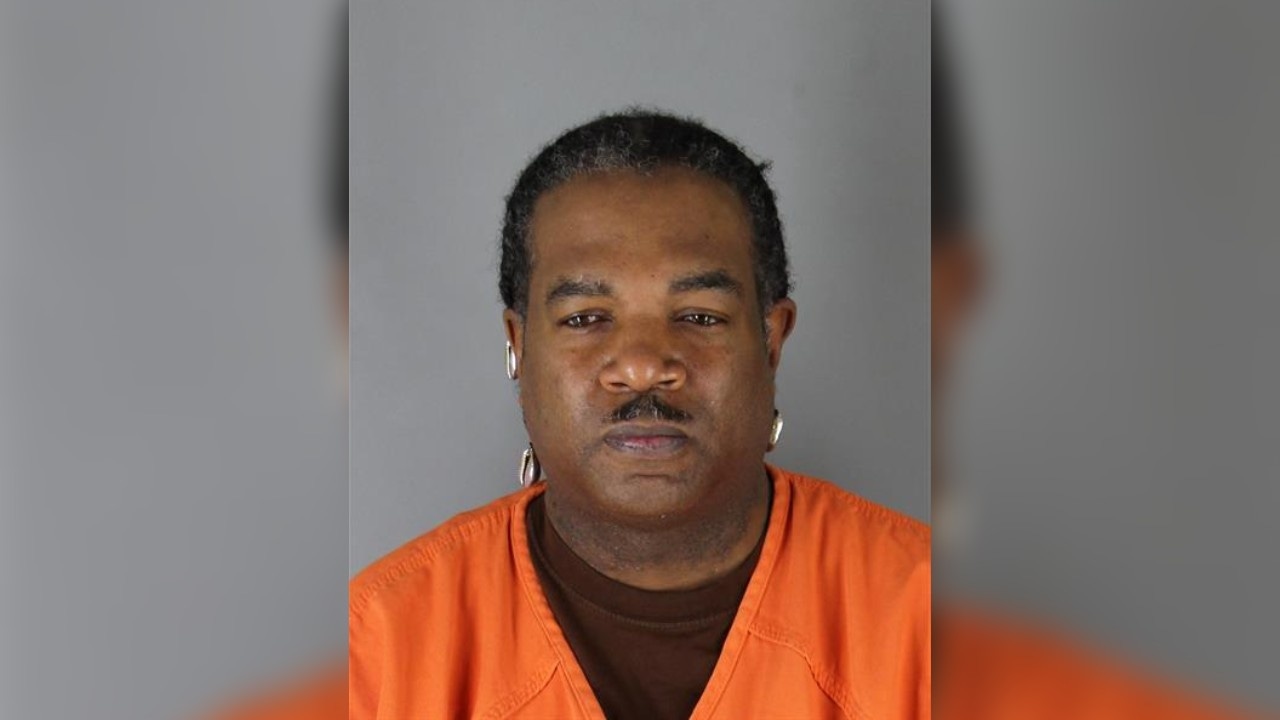

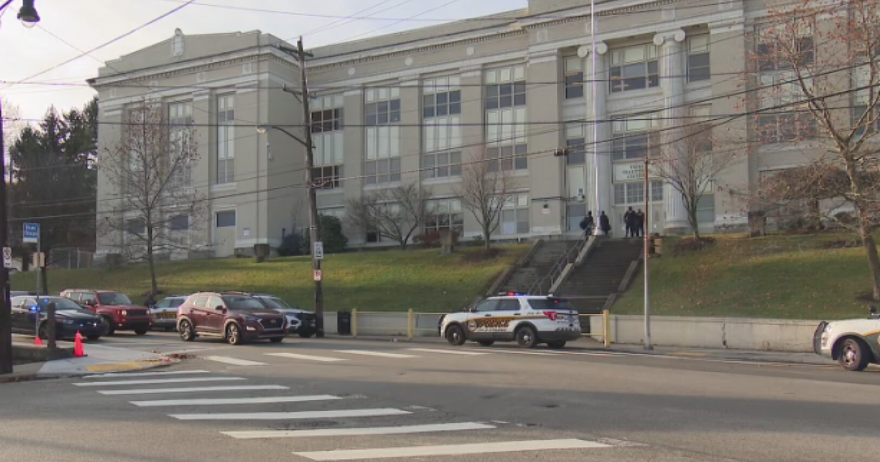



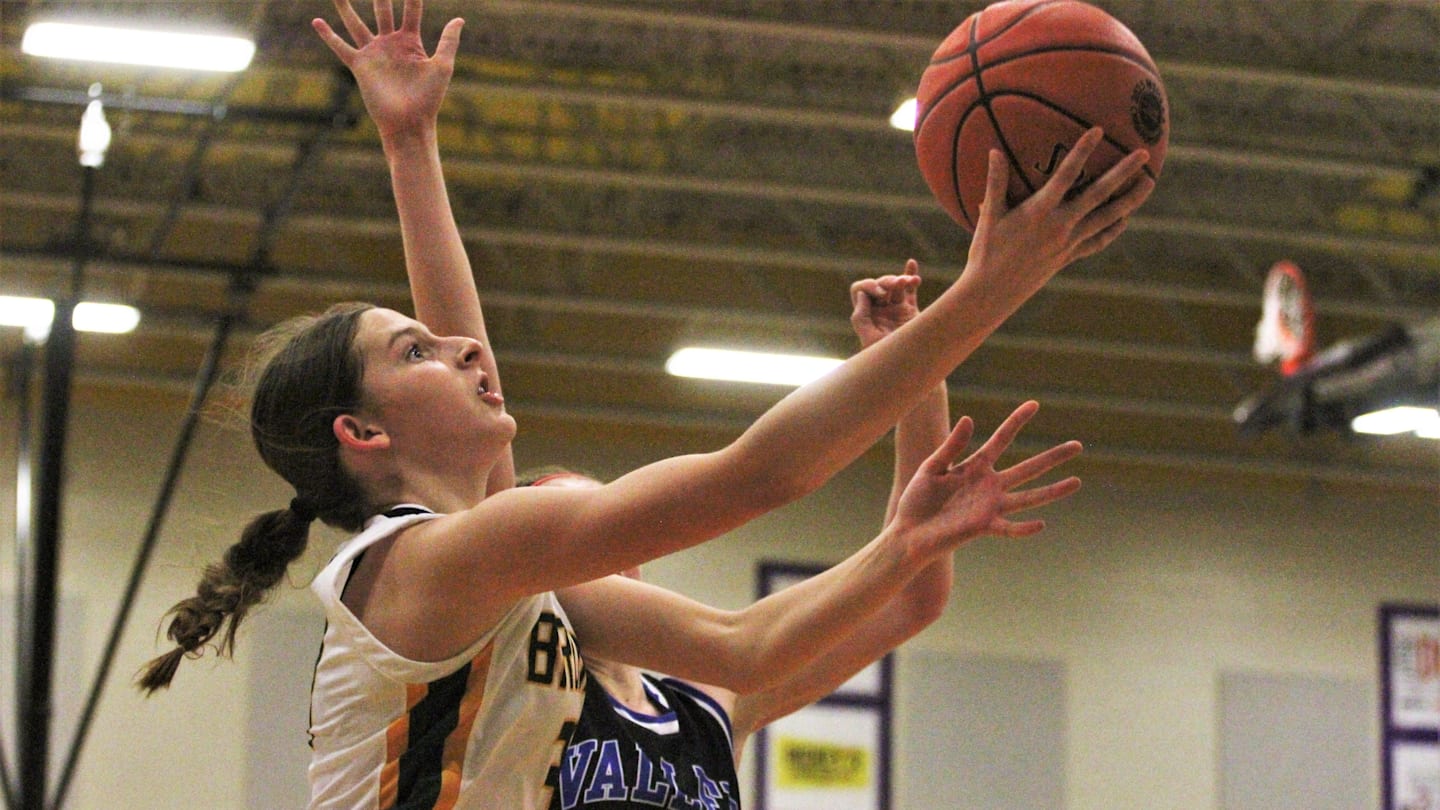

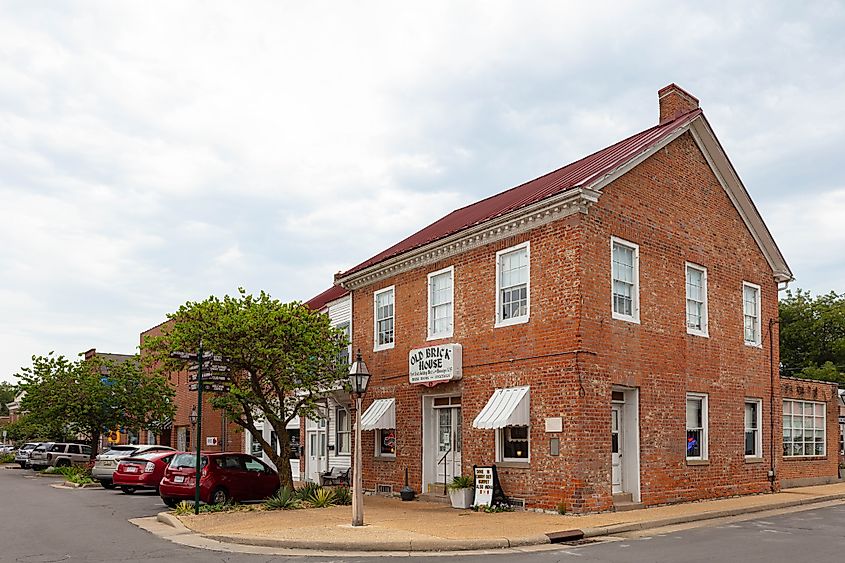
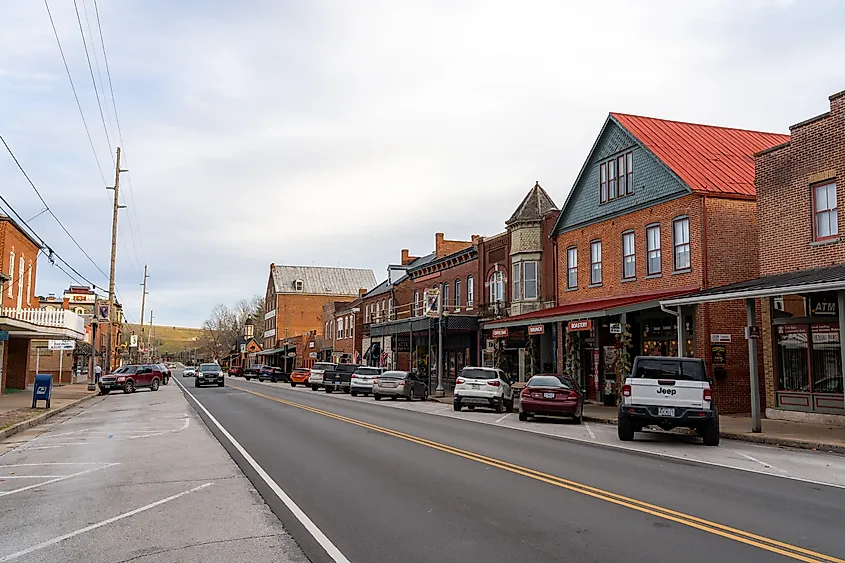

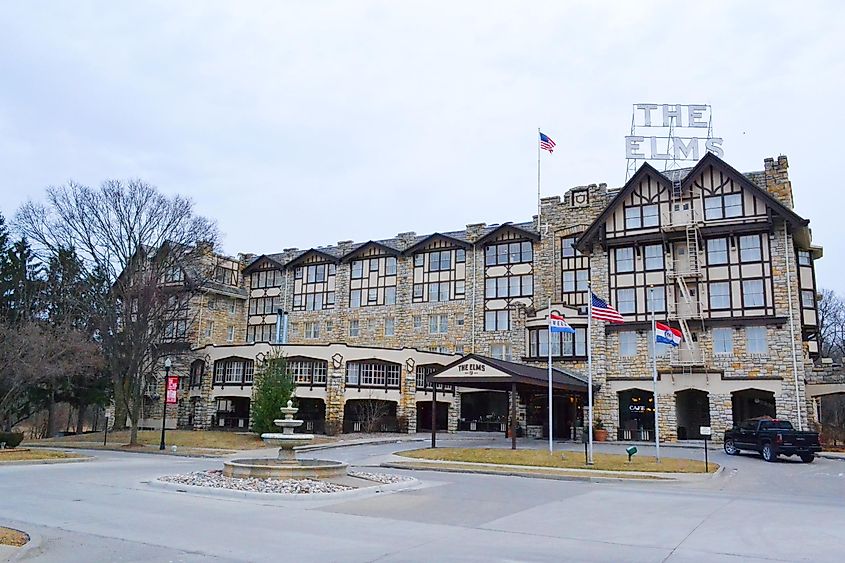
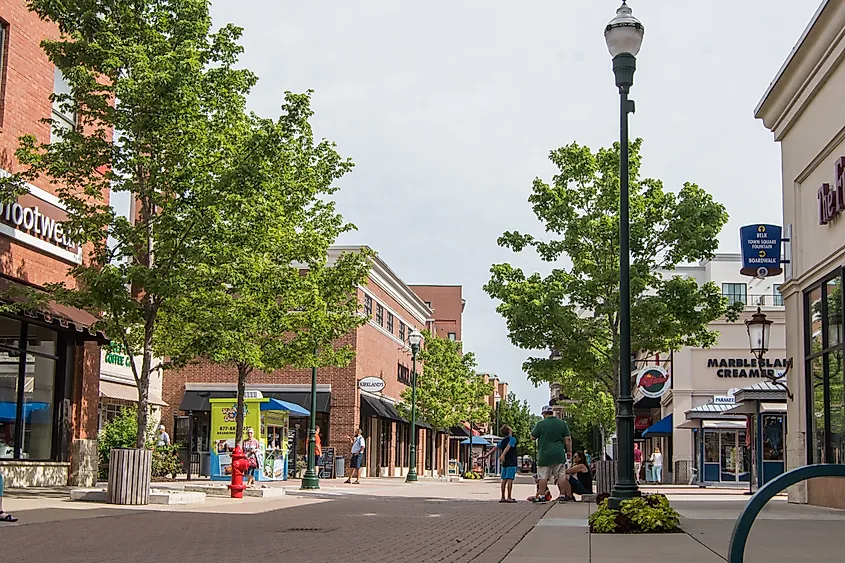
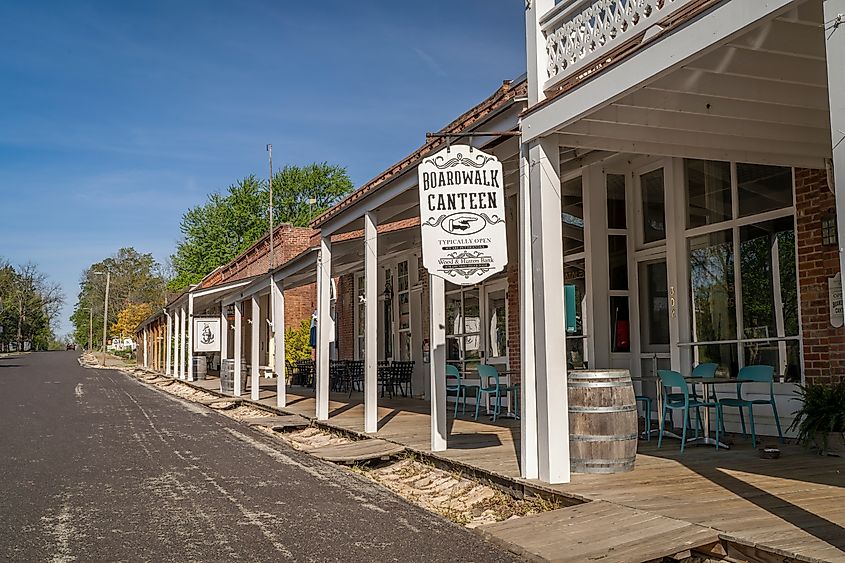
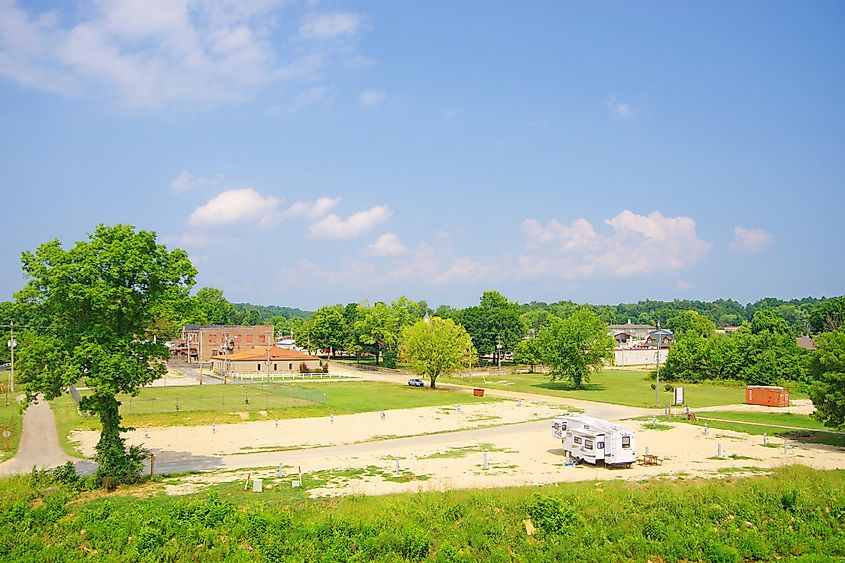
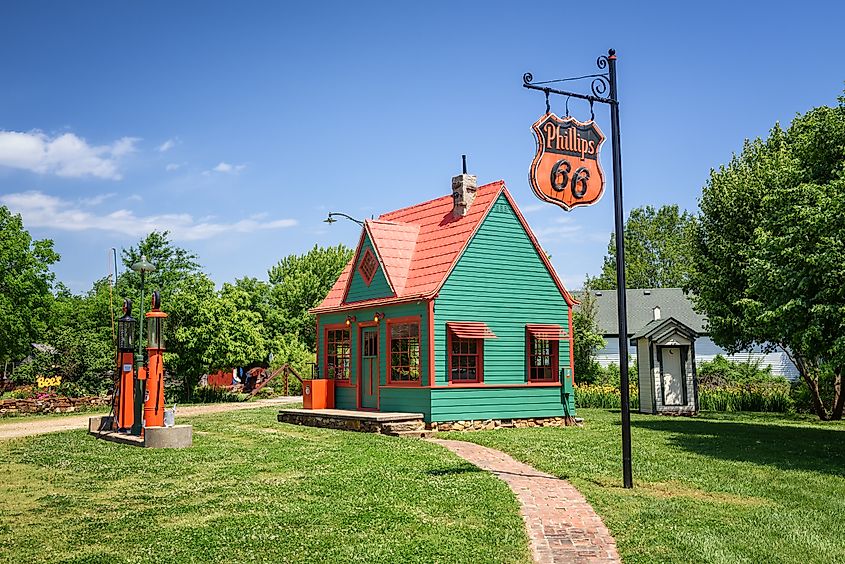


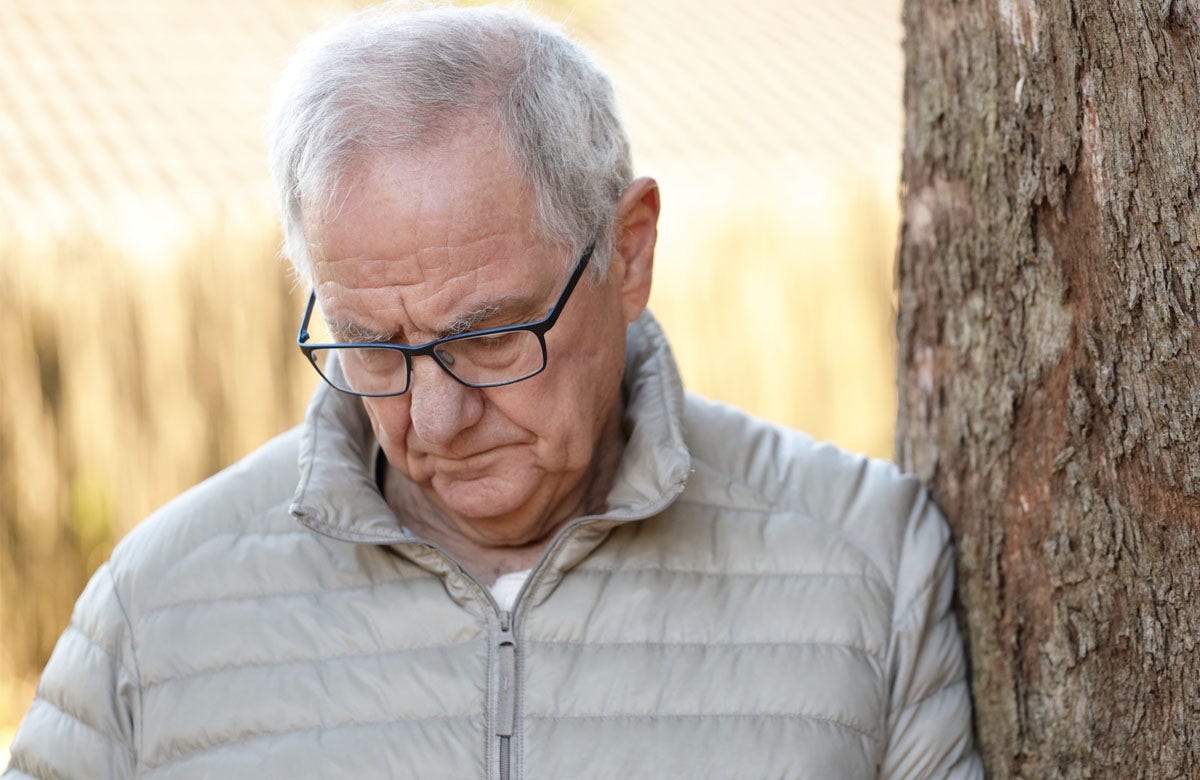
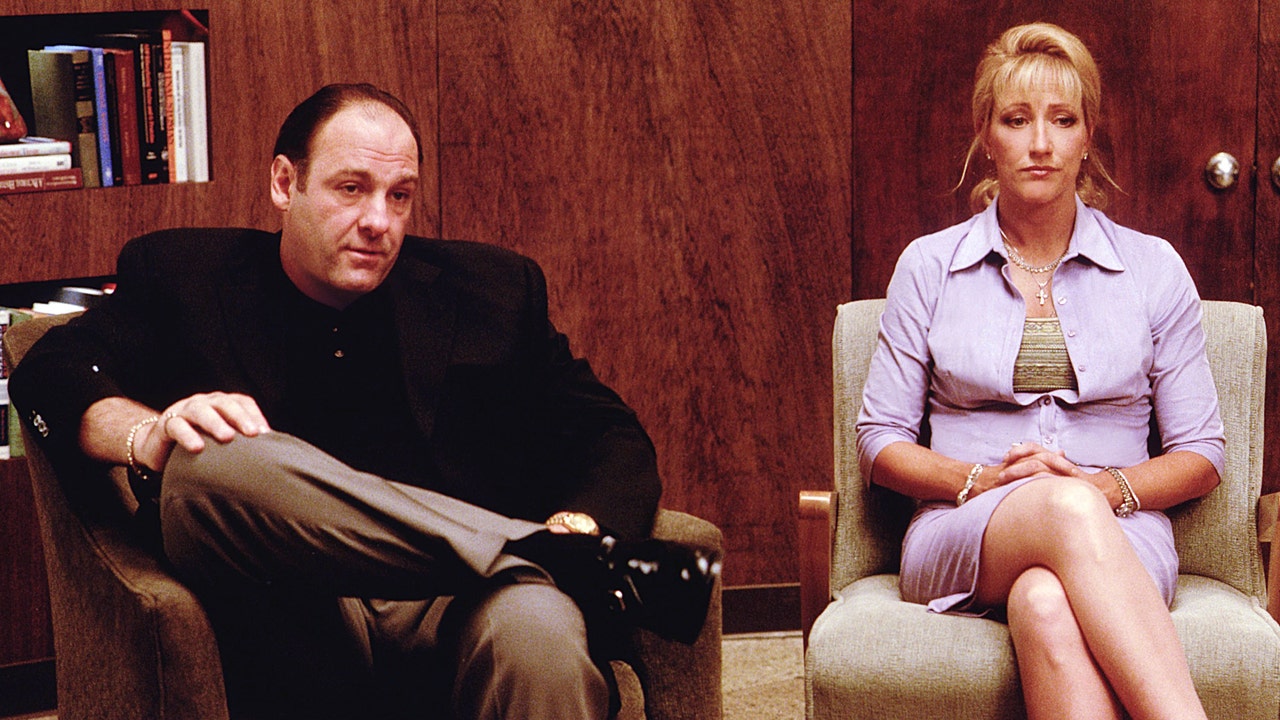

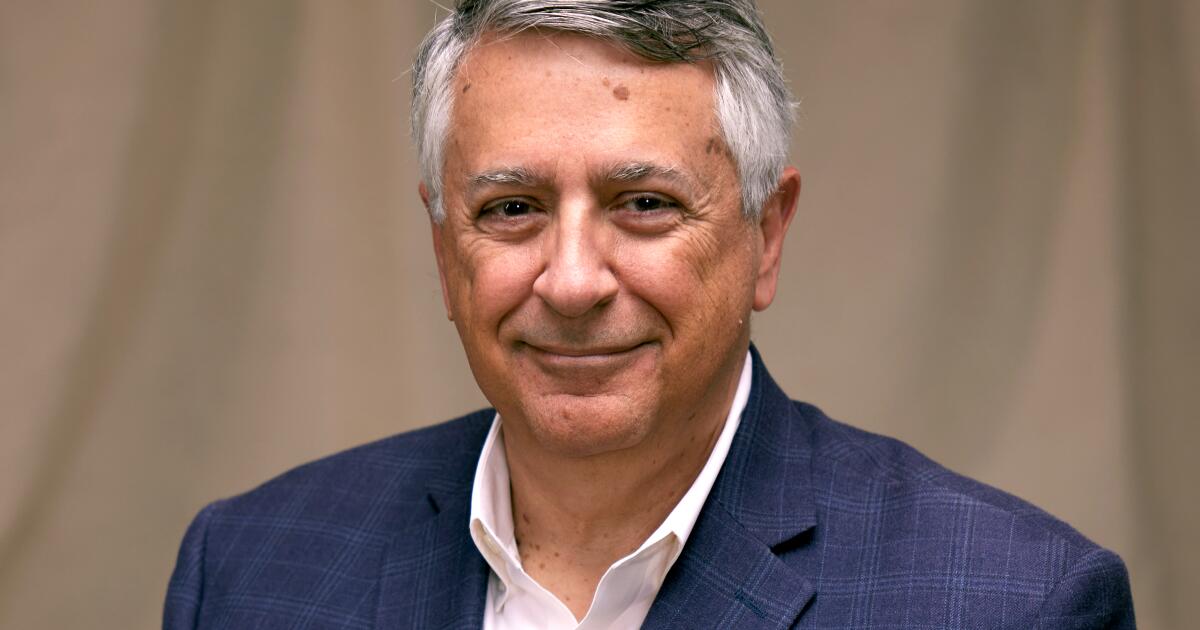









/cdn.vox-cdn.com/uploads/chorus_asset/file/24924653/236780_Google_AntiTrust_Trial_Custom_Art_CVirginia__0003_1.png)





/cdn.vox-cdn.com/uploads/chorus_asset/file/25672934/Metaphor_Key_Art_Horizontal.png)
